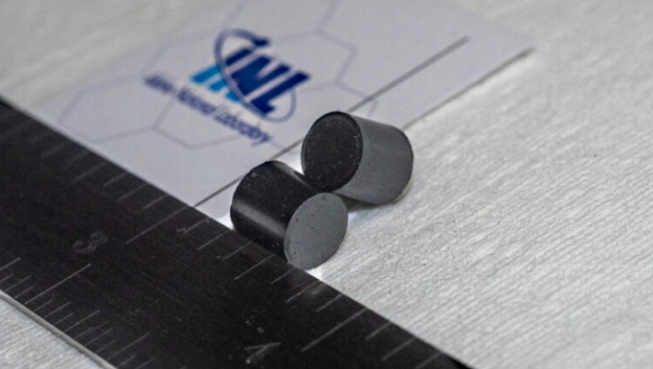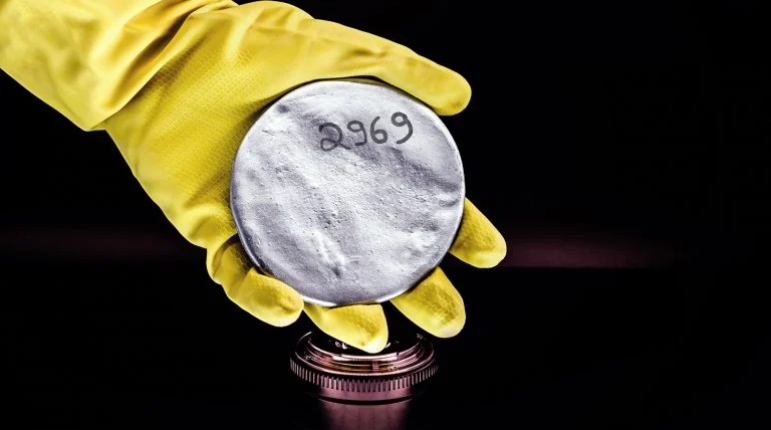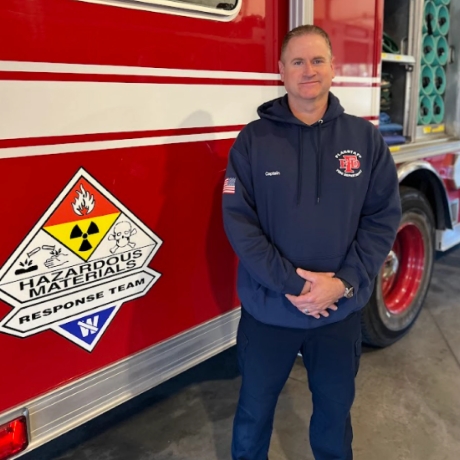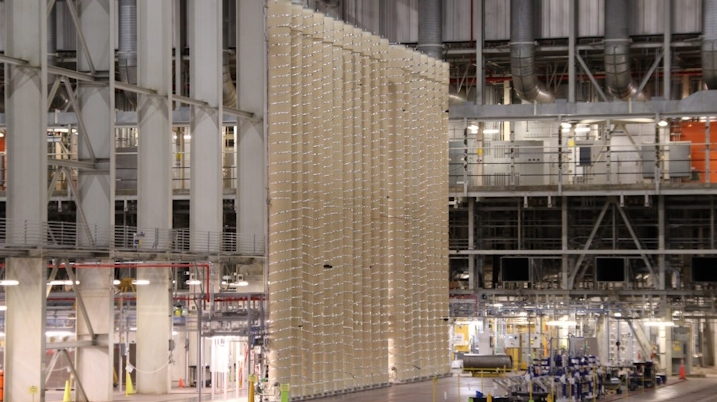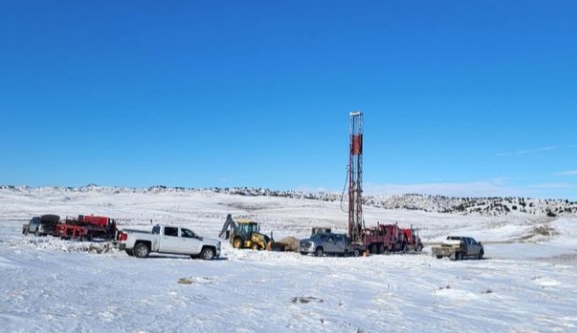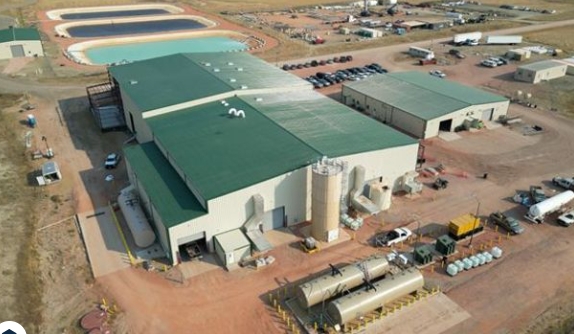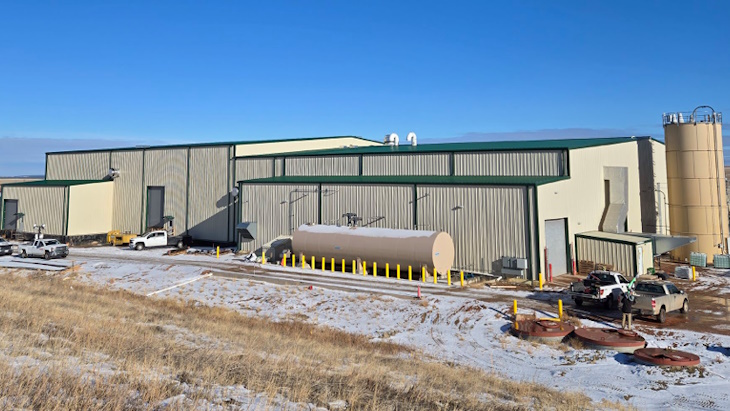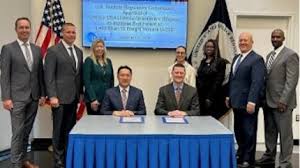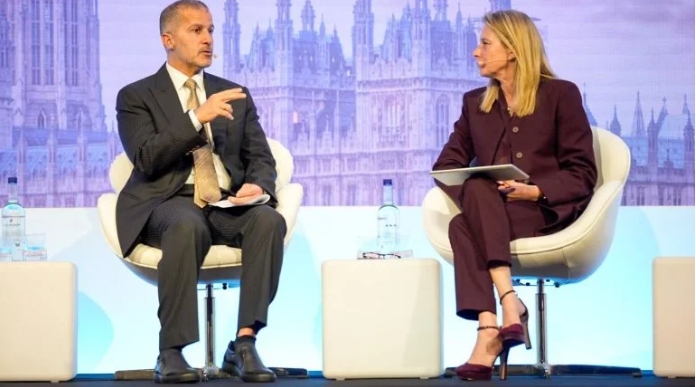
The Emirates Nuclear Energy Corporation (ENEC) has announced that the fourth unit of the Barakah nuclear plant in the UAE has entered commercial operation, marking its full delivery.
Speaking at the WNA Symposium in London today (5 September), Mohamed Al Hammadi, managing director and chief executive officer of ENEC, said: “Today we have four units [commercially] operational. I am very happy to say that. I am very proud to say that.”
The Barakah plant is now generating 40 terawatt-hours of electricity per year, providing up to a quarter of the UAE’s electricity. The plant comprises four Korean-designed APR1400 reactors with a total installed capacity of 5.6GW.
South Korea won a $20bn (26.67trn won) contract to supply the UAE’s first nuclear plant in December 2009, with ground-breaking taking place in March 2011. The first unit entered commercial operation in April 2021, followed by unit 2 in March 2022 and unit 3 in February 2023.
Barakah unit 4 achieved first criticality in March.
Now in full commercial operation, the four-unit Barakah plant will prevent an estimated 24.2 million tonnes of annual carbon emissions and contribute to achieving 24% of the UAE’s 2030 decarbonisation commitment.
Barakah is also delivering wide-ranging economic benefits and playing a key role in helping companies decarbonise.
ENEC said 85% of the clean energy certificates managed by the Emirates Water and Electricity Company are powered by Barakah; these are used by companies such as ADNOC, EGA and Emirates Steel Arkan to produce “greener products” that can be sold at a premium.
The nuclear power plant construction also yielded $6.7bn (Dh22.5bn) in local procurement.
Al Hammadi added: “The UAE has added more clean electricity per capita in the past five years than any other nation, with 75% of this coming from Barakah.”
The announcement comes amid growing global recognition of the pivotal role of nuclear energy in decarbonisation and achieving net zero.
Al Hammadi told delegates that there has been a “very positive” change in the perception of nuclear since COP28 last year, where 25 nations, including the UAE, pledged to triple global nuclear energy capacity by 2050.
Speaking earlier in the session, WNA director-general Sama Bilbao y León said that COP28 was a “pivotal moment” for nuclear energy, but the sector needs to focus on translating commitments and positive energy into pragmatic actions.
“To actually meet the commitments, we need to build lots of new nuclear reactors – large, small, on the grid, off the grid – for electricity and for many other energy products – and we need to do this together.”
